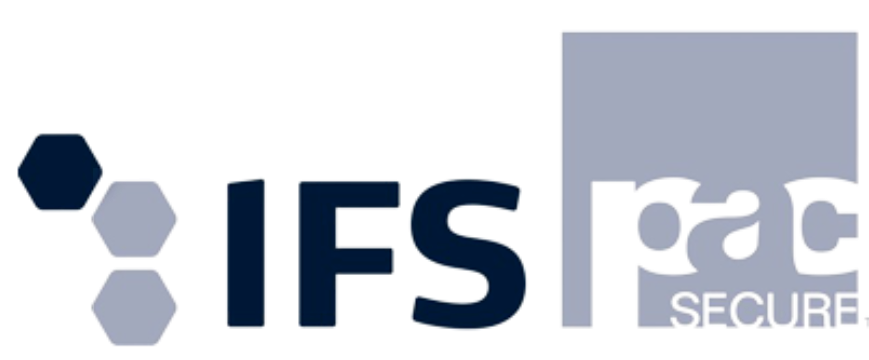Who Gives HACCP Certification?
HACCP stands for Hazard Analysis and Critical Control Points, and it's a system that identifies potential food safety hazards that may happen within the food business and how this business can control them. Earning a HACCP certification recognizes that a food business has developed, documented and implemented the right systems and procedures. Who gives out this certification?
Who Gives HACCP Certification?
HACCP is an international standard in food safety. Most top food manufacturers use it as a basis for their food safety programs and to comply with any Global Food Safety Initiative (GFSI) audits. One benefit of HACCP is that it makes it easier for global trading partners to abide by the same standards and ensure that all members of the food supply are thinking about.
Earning HACCP certification requires an audit or assessment of a facility's food safety policies and procedures, as well as training for your employees. Only competent, qualified food safety auditors can perform the necessary audit, and it involves an on-site inspection of the food business practices and a review of both company documentation and records.
For federally registered meat, poultry, dairy, seafood plants in Canada, HACCP certification is mandatory. The Canadian Food Inspection Agency recommends all food-related businesses adopt HACCP processing standards. The system makes it easy to stay in compliance; once you have received your audit and have the system in place, there's no difficulty staying vigilant and keeping up with the standards.
How Long Does It Take To Receive HACCP Certification?
The length of time it takes to receive certification depends on the regulations that apply to your industry and the size of the food business facility or facilities. A food HACCP audit can take anywhere from one to five days, though it may take longer depending on the audit's scope.
How Much Does HACCP Certification Cost?
The cost of receiving HACCP certification often depends on the size of the food safety system and the physical facility. These include what is involved with performing internal and external audits, developing, implementing, and maintaining a HACCP system, staff training, and the potential losses if a business does not reach certification as soon as possible.
Quantum Food Solutions: Our HACCP Program
When it comes to HACCP Certification, Quantum Food Solutions can help you meet the requirements and bring your company up to standard. Our team develops a customized training program for every company, and we design them to meet the needs of your operation. We can also develop a training program that is specific to selected areas of interest.
Training topics include:
- Critical Aspects of Hazard Analysis of a HACCP Plan (Form 1 – 11)
- A Practical Guide to Develop Effective Pre-Requisite Programs (e.g. FSEP – CFIA)
- Fundamentals of HACCP System Validation and Evidence (measuring the effectiveness of food safety, using modelling tools, gathering meaningful process data, etc.)
Once you have received HACCP certification, your facility can apply for other certifications like SQF and BRCGS. Quantum Food Solutions is a leader in food safety audits and consultancy, including for HACCP. We can also provide USDA HACCP training for facilities looking to expand into and export to the United States.
Frequently Asked Questions About Conducting Audits
If your business plans to sell food products, then you will need Haccp accreditation. Haccp stands for Hazard Analysis and Critical Control Points, which is a system that provides guidelines on how to prevent illness or injury from happening in the workplace. Start by searching online, reading this article and contacting a professional!
HACCP plan verification is a critical part of the safety and regulatory compliance of your food business. The HACCP plan verifier must be qualified to verify that all requirements in the HACCP plan are met. A good way to ensure this is by making sure you have someone on staff who is responsible for verifying there HACCP plans and can also train other employees when necessary.



